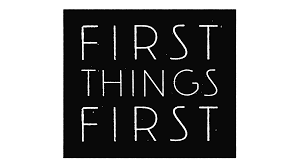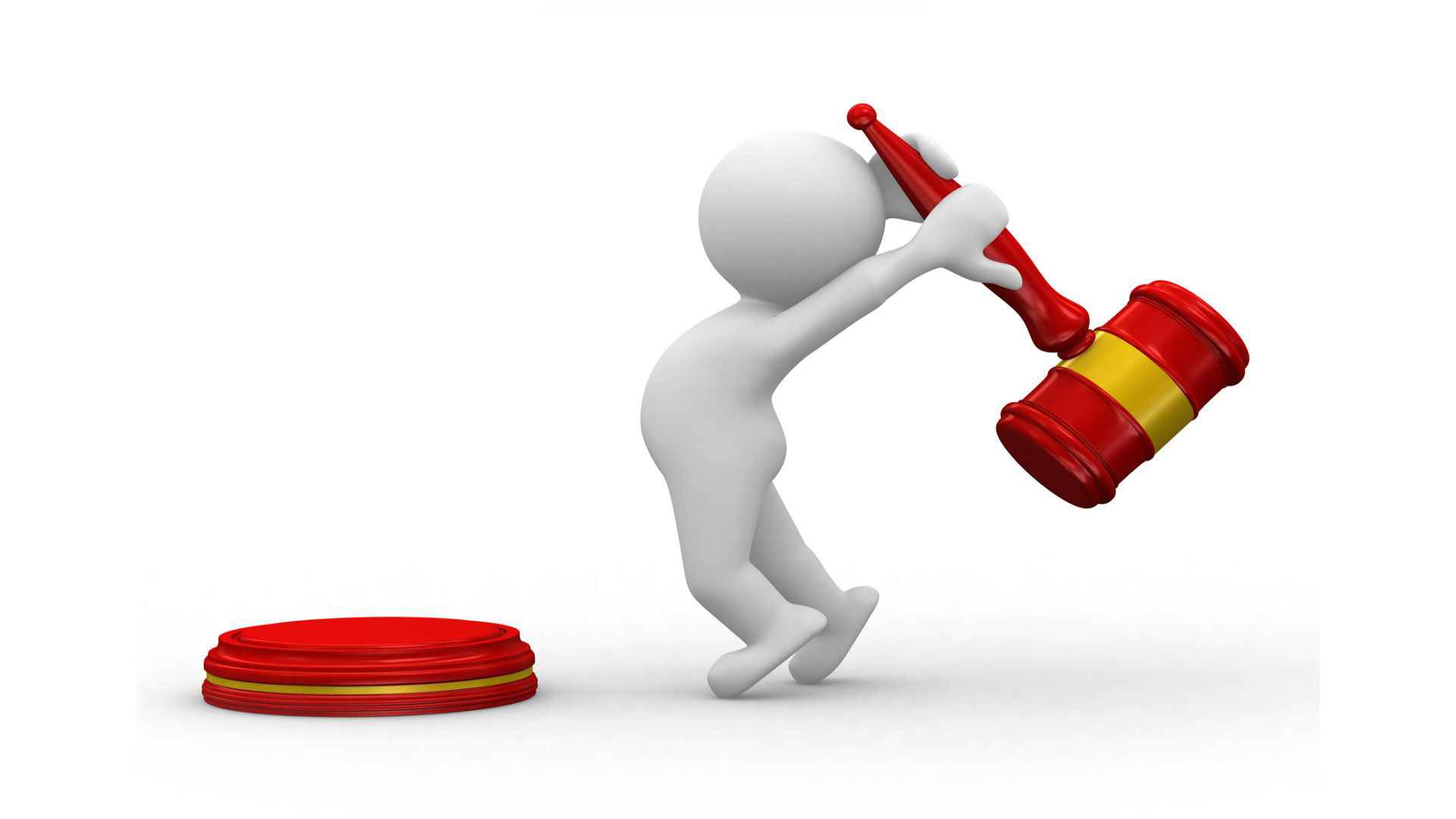“Wh at would happen,” the attorney asked, “if everyone around you judged you for the worst moments of your life?”
at would happen,” the attorney asked, “if everyone around you judged you for the worst moments of your life?”
The room fell silent. I was with a group at Atlanta’s Southern Center for Human Rights listening to a lawyer speak about his work against the death penalty. And while I haven’t ended up in prison for any of my worst moments, the attorney’s words have stayed with me.
At some point in our lives all of us act in ways that go against our values, principles and beliefs. We lie, or cheat, or cut someone off in traffic when we’re really mad at our boss or child. As kids, and then as teens and adults, we behave in ways we later want to forget because these moments stir up such guilt and embarrassment and shame. We get nervous someone will find out, and this anxiety can pave the way for depression or panic attacks.
So many of my counseling clients worry terribly about what I and others will think of them when one of their worst moments is revealed. They worry they will be judged as harshly as they have judged themselves. They worry that others won’t forgive them, especially since it has been so difficult to find forgiveness in themselves. They worry that others will write them off as bad, since they see themselves as bad.
I know these truths for two reasons: One is because I’ve listened to many of these worst moments in my therapy sessions with clients. Second is because I’m a human with my own worst moments.
Coming to therapy is a brave act. It takes courage to begin to speak about these worst moments and what we fear they say about us. When we speak them out loud, we often fear being judged as harshly as we have judged ourselves.
But there is more to us than our worst moments — much, much more. In counseling, we look at our worst moments and best moments from a place of compassion and curiosity, because we can learn from them both. It’s important to put both in a larger context, trying to make sense of them so we can let go of debilitating shame, depression and anxiety, and truly move on.
So please remember: There is more to all of us than our worst moments. There is more to you than your worst moments.




 First: Don’t make major life decisions in the middle of a crisis. If you’re feeling an impulse to make a big change right now, notice that impulse and then do yo
First: Don’t make major life decisions in the middle of a crisis. If you’re feeling an impulse to make a big change right now, notice that impulse and then do yo
 Each fall, clients come into my office saying, “I know it’s getting to be the holiday season but…” or “It’s just so dark all the time and it’s getting to me.” They’re noticing their moods darkening, their energy lagging, and their interest in life waning. It’s usually not that life is suddenly harder and more full of challenges than usual. Instead, what they’re describing is just – SAD. Seasonal Affective Disorder, a subset of depression.
Each fall, clients come into my office saying, “I know it’s getting to be the holiday season but…” or “It’s just so dark all the time and it’s getting to me.” They’re noticing their moods darkening, their energy lagging, and their interest in life waning. It’s usually not that life is suddenly harder and more full of challenges than usual. Instead, what they’re describing is just – SAD. Seasonal Affective Disorder, a subset of depression.




 “I know you’ll judge me for this, but…” my client starts. She tells me what’s happened the previous week, and I keep waiting for the moment in which I will feel like condemning her to the ends of the earth. But… that moment never comes.
“I know you’ll judge me for this, but…” my client starts. She tells me what’s happened the previous week, and I keep waiting for the moment in which I will feel like condemning her to the ends of the earth. But… that moment never comes.